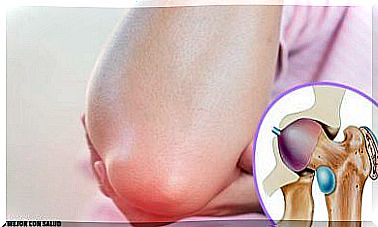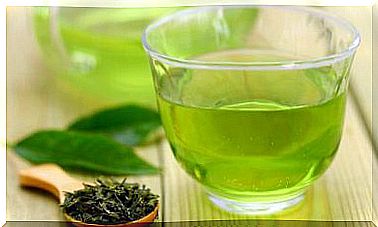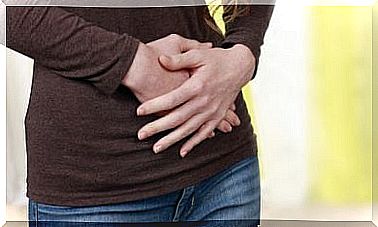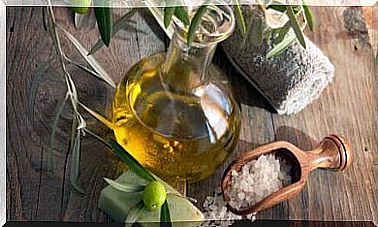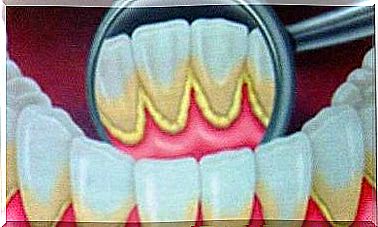The 8 Most Common Mistakes When Washing Dishes
When washing dishes by hand, it is advisable to soak the dishes beforehand. Hot water and gloves will help you keep everything sparkling clean.
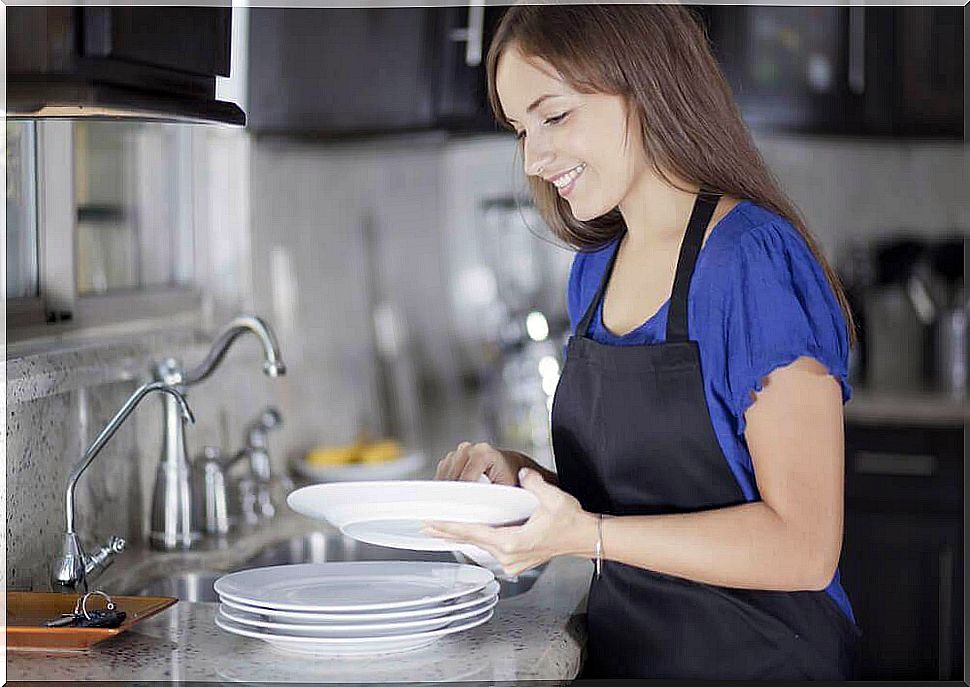
Even if we think that the kitchen is sparkling clean and free of bacteria after washing the dishes, that is usually not true. There are a number of mistakes in washing up that we are often not aware of.
Because it’s not just the sponge in the kitchen sink that is full of pathogens. Poor hygiene in the home can also encourage the spread of diseases.
Experts estimate that up to 80% of all food poisoning originates in the household. The most common consequence of such an infection is gastroenteritis.
In this article, we’re going to show you the 8 most common washing up mistakes and how to avoid them. This way you avoid contaminating your food and the dishes will be sparkling clean.
Common mistakes when washing dishes
1. Too much detergent
Using the wrong detergent or too much is a common mistake.
If you use too much dish detergent, a film often remains on the dishes and cutlery, which then ends up in the food.
- All you need is hot water and a suitable dishwashing detergent.
- Read the label on the detergent bottle and follow the dosage instructions. Here is how much detergent you should use for how much water you should use.
2. Wasted water
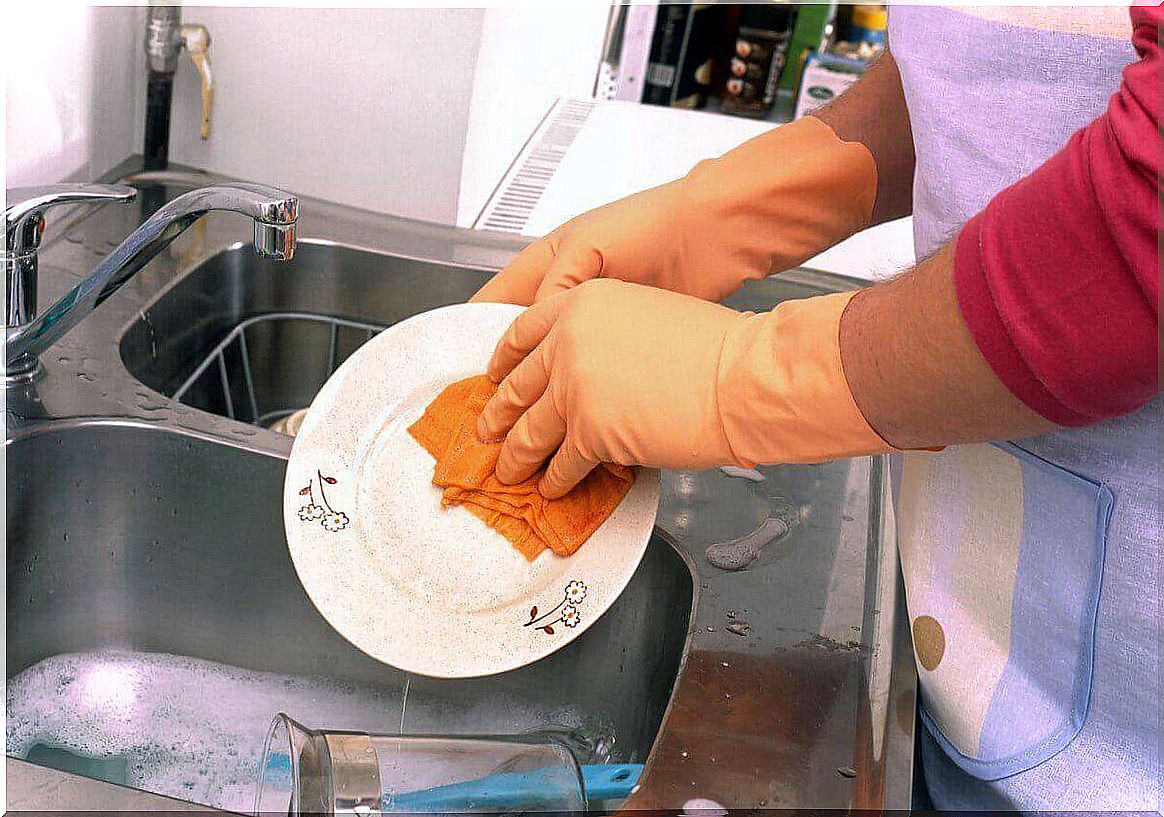
It is best to soak stubbornly soiled dishes and cutlery in hot water before washing them. This will then help you remove fat. In addition, the items then dry faster.
- If you have two sinks, fill one with hot water and put the dishes in it.
- You can also use a small tub to soak if you only have a sink.
It is important that you do not leave the tap on while washing up. Use water in the sink to rinse each item individually. That way, you won’t waste so much fresh water.
3. Plastic sponge
The highest concentration of harmful pathogens in the kitchen is found in plastic sponges. Bacteria such as E. Coli and Salmonella feel particularly at home in them.
Therefore, you should use a natural fiber sponge. After washing it, hang it up to dry, so that the breeding ground for the pathogens is reduced.
We recommend changing the sponge every week. Some brands can be machine washed and reused.
4. Do not wash glasses and knives properly
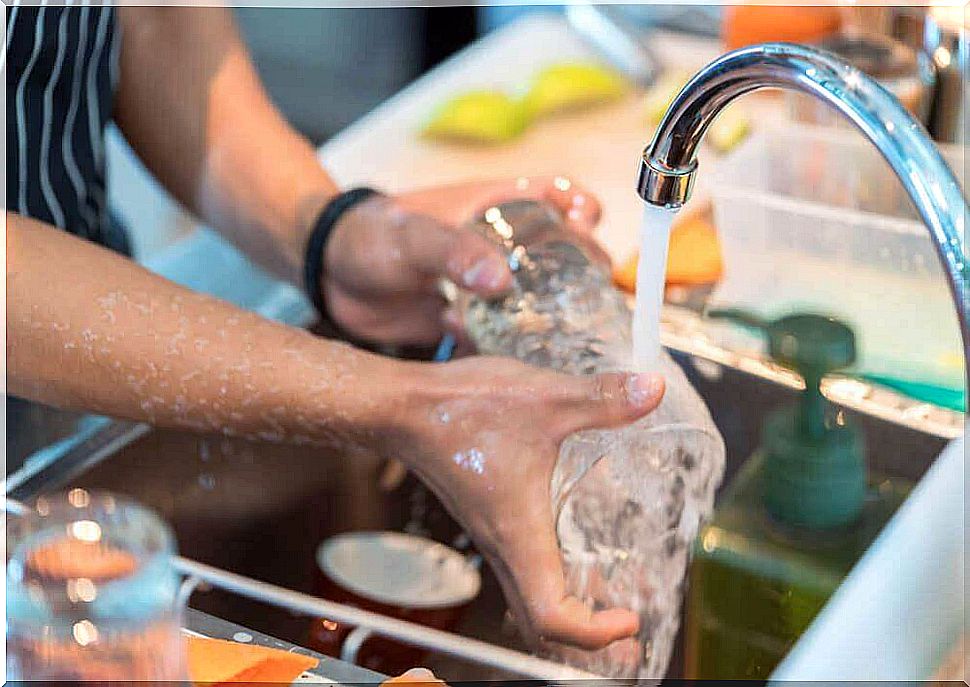
A common mistake is not washing knives properly. If you don’t make an effort, bits of food often get stuck in your teeth. So take some time to remove all dirt.
You should also pay a little more attention to glasses: lactic bacteria often collect on the inside.
Therefore, check the dishes and cutlery after washing and rinse them thoroughly so that bacteria cannot spread unhindered.
5. Do not wash your hands
The hands can be a source of bacteria and viruses.
Therefore, you should wash your hands with soap and water before you start washing up.
6. Rinse cutting boards incorrectly
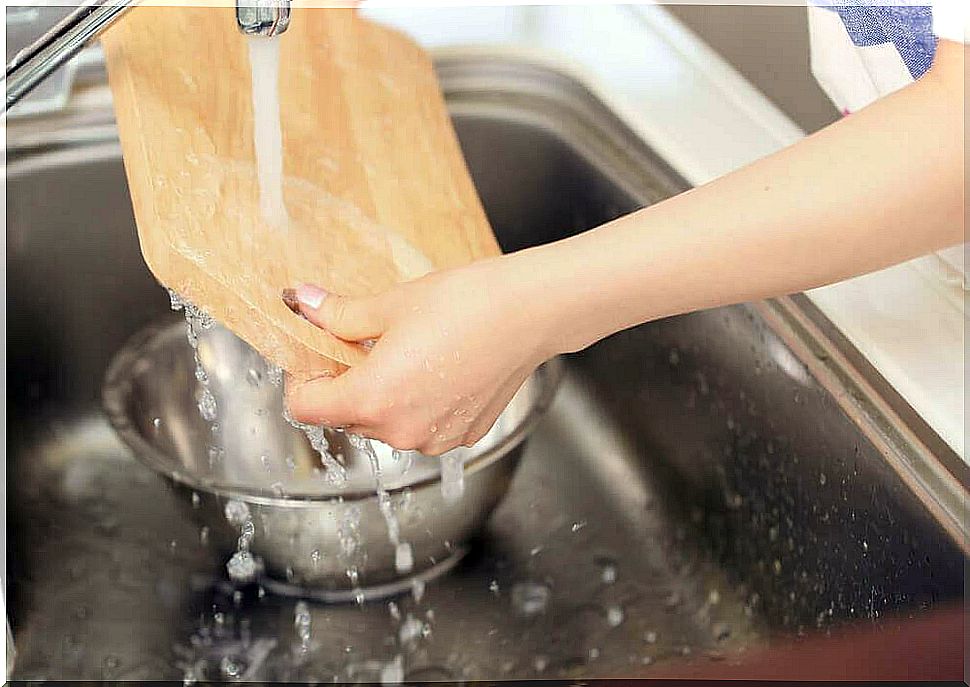
You should always rinse cutting boards for vegetables or meat before washing them.
Let the water drain off, then apply a disinfectant. Let it sit for two minutes and rinse the board thoroughly again.
- Do not wash cutting boards with a sponge and detergent like the rest of the dishes. Because that’s not how they get really clean.
- Lemon juice and salt, for example, are suitable for disinfecting.
7. Wash in a dirty sink
The sink in your kitchen is a perfect place for bacteria and pathogens.
- We recommend cleaning the sink daily with vinegar and baking soda or vinegar and salt.
- This way you will prevent bacteria from accumulating and spreading further through the dishes.
8. Do not remove leftover food
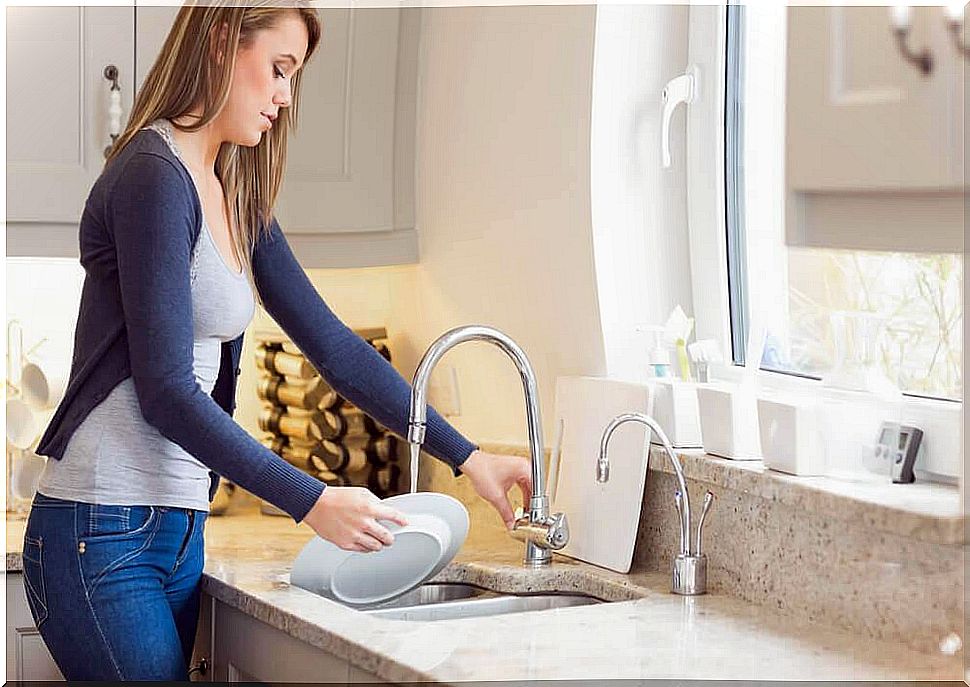
- Always remove all leftover food from plates and cutlery first. You can use a small spatula to do this.
- Then put dishes and cutlery in hot water so that stubborn dirt dissolves well.
Leaving all the leftover food on the plates when washing dishes will pollute the water faster and you will need more water to wash up.
A few more tips
- Always use hot water for washing up. If you have sensitive hands, we recommend using rubber gloves.
- Rinse items that have come into contact with raw meat or fish very last. This way you will prevent bacteria from spreading.
- Use a dry and clean tea towel to dry the dishes. At this point you can double-check that everything is clean.
All of these tips are important to avoid food poisoning caused by contamination. In addition, it is much nicer to eat from sparkling clean dishes!


